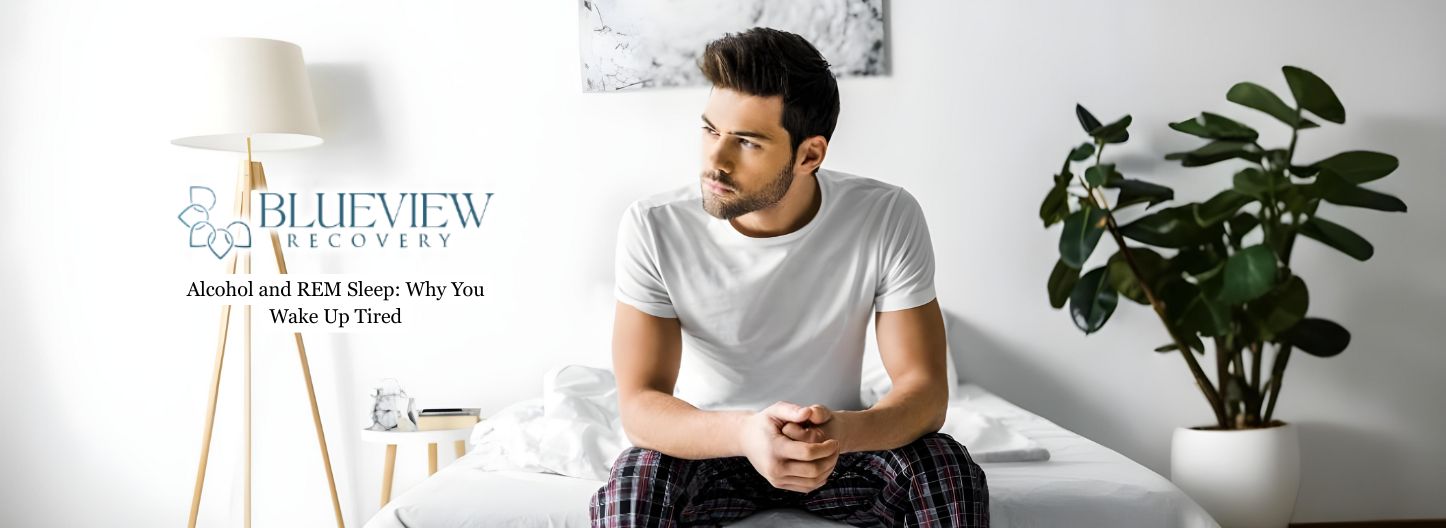Understanding how Medicaid applies to sober living home expenses is essential for individuals in recovery seeking affordable treatment options. Many families wonder if Medicaid can help cover the cost of sober living environments, which play a critical role in addiction recovery.
This article will break down what Medicaid does and doesn’t cover, how sober living homes are classified, and what alternatives are available to help pay for transitional housing.

What Is a Sober Living Home?
A sober living home is a transitional living environment designed to support individuals recovering from substance use. These residences provide a structured, drug-free space that helps residents maintain sobriety after completing inpatient rehab or while participating in outpatient treatment. Sober living homes often include peer support, accountability systems, and house rules that reinforce recovery goals. Unlike residential treatment programs, sober homes do not typically offer clinical services onsite, which is important when considering insurance coverage and understanding which path is right for your recovery journey.
Read more about the difference between sober living and residential rehabs here.
Sober living homes are not the same as halfway houses. While both serve as recovery housing options, halfway houses are often state-funded and may have stricter entry requirements, such as being court-mandated or tied to correctional supervision. In contrast, sober living homes are more commonly privately run and offer greater flexibility.
Here you can read more about what to expect from a sober living home:
https://blueviewrecovery.com/what-is-a-sober-living-home/Does Medicaid Cover the Cost of Sober Living Homes?
In most cases, Medicaid does not directly cover the cost of residing in a sober living home. That’s because sober homes are not categorized as medical treatment facilities and typically do not offer licensed addiction treatment services onsite. Medicaid, being a health insurance program, generally covers clinical care, not housing.
However, Medicaid may cover associated treatment services delivered outside the sober living home. For example, if a resident is engaged in an outpatient treatment program that includes therapy, medication management, or substance use counseling, those services may be covered by Medicaid. In this way, Medicaid helps support addiction treatment services even if it does not pay for rent or sober living home expenses directly.
How Medicaid May Still Help with Addiction Recovery
Although sober living homes themselves may not be covered, Medicaid can play a crucial role in supporting recovery in other ways. Many Medicaid recipients can access treatments, medication-assisted treatment (MAT), and mental health services—all of which are essential parts of a comprehensive treatment plan.
The Affordable Care Act expanded Medicaid benefits to include more behavioral health services. Under the Mental Health Parity and Addiction Equity Act, Medicaid must provide equal coverage for mental health and addiction treatment as it does for other medical conditions. This means that while housing might not be reimbursed, the therapy, group counseling, and outpatient rehab services linked to sober living can be covered by Medicaid in many states.
This is especially important for those diagnosed with a substance use disorder. For individuals struggling with substance abuse, ongoing support and clinical care are critical in maintaining progress and preventing relapse. Medicaid’s role in funding treatment programs and related services allows individuals to stay connected to care while residing in sober living homes.
It’s important to check your state’s Medicaid program and local regulations. Some states have pilot programs or grants that provide coverage for certain sober living facilities as part of a broader addiction recovery initiative. Still, this is not the norm and should not be assumed across the board.
Other Ways to Pay for Sober Living Home Expenses
Since Medicaid doesn’t typically cover sober living home expenses, individuals and families often seek other options. Common methods include:
- Private insurance: While not guaranteed, some insurance plans offer partial coverage for transitional housing or related services.
- Sliding scale payments: Many sober living homes offer reduced fees based on income.
- State and local grants: Certain recovery-focused grants may help cover the costs associated with sober living.
- Scholarships: Some nonprofit organizations offer scholarships to individuals committed to recovery but lacking financial resources.
- Personal income or family support: Residents are often expected to pay for rent and other living costs themselves or with help from loved ones.
Before choosing a sober living home, it’s important to ask whether they accept insurance, offer payment plans, or have funding partnerships. Some facilities accept Medicaid as a form of payment only for outpatient treatment services provided off-site, but not for housing.

What to Consider When Choosing a Sober Living Home
When evaluating sober living options, cost is just one part of the equation. It’s equally important to assess the structure, safety, and level of peer support each home offers. Consider asking:
- Is the sober living home certified or affiliated with a recognized recovery housing network?
- What house rules and expectations are in place to maintain sobriety?
- Are there recovery meetings or outpatient services available nearby?
- Do residents receive guidance in securing employment or developing life skills?
Living in a sober home that fosters accountability and community can significantly improve long-term recovery outcomes. Even if Medicaid doesn’t cover the cost of sober living directly, its ability to fund the addiction treatment services you receive during your stay can make a substantial difference. This is especially true for those transitioning from alcohol rehab or treatment for substance abuse and mental health conditions.
Final Thoughts from Blueview Recovery
Medicaid rarely pays directly for sober living rent, but it may cover some supportive services within or alongside sober homes, depending on your state. Knowing what your Medicaid plan does and doesn’t include can help you prepare financially and avoid surprises during your recovery journey.
At Blueview Recovery, we understand how crucial transitional support is after treatment. Our team helps clients navigate housing, outpatient treatment, and community-based services, equipping them with the tools they need for lasting recovery. We stay informed on funding options and provide guidance every step of the way to ensure your recovery is both supported and sustainable.





